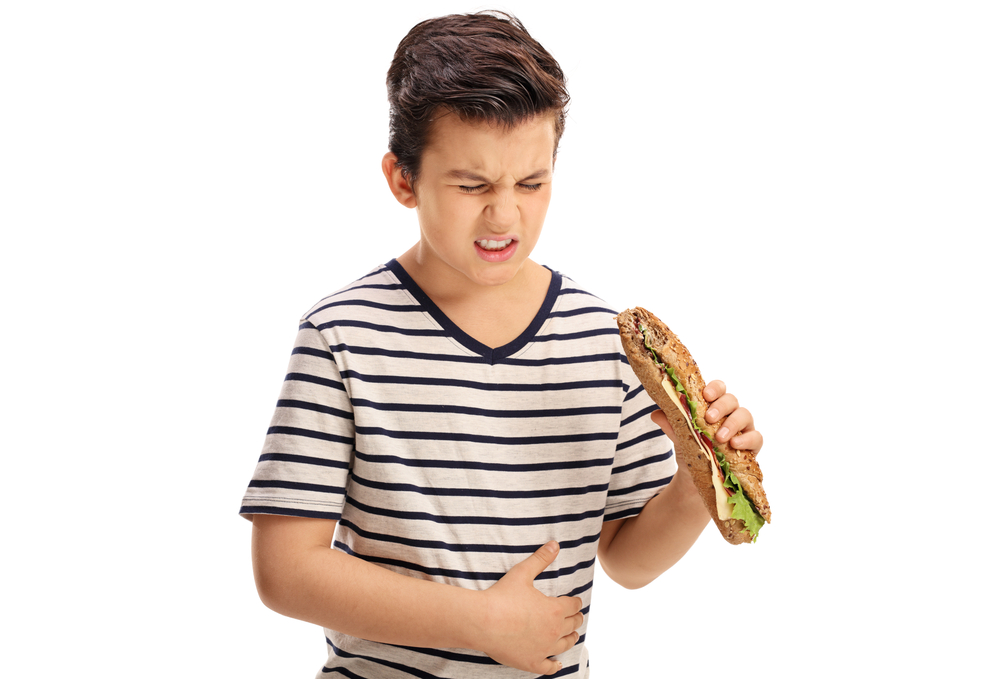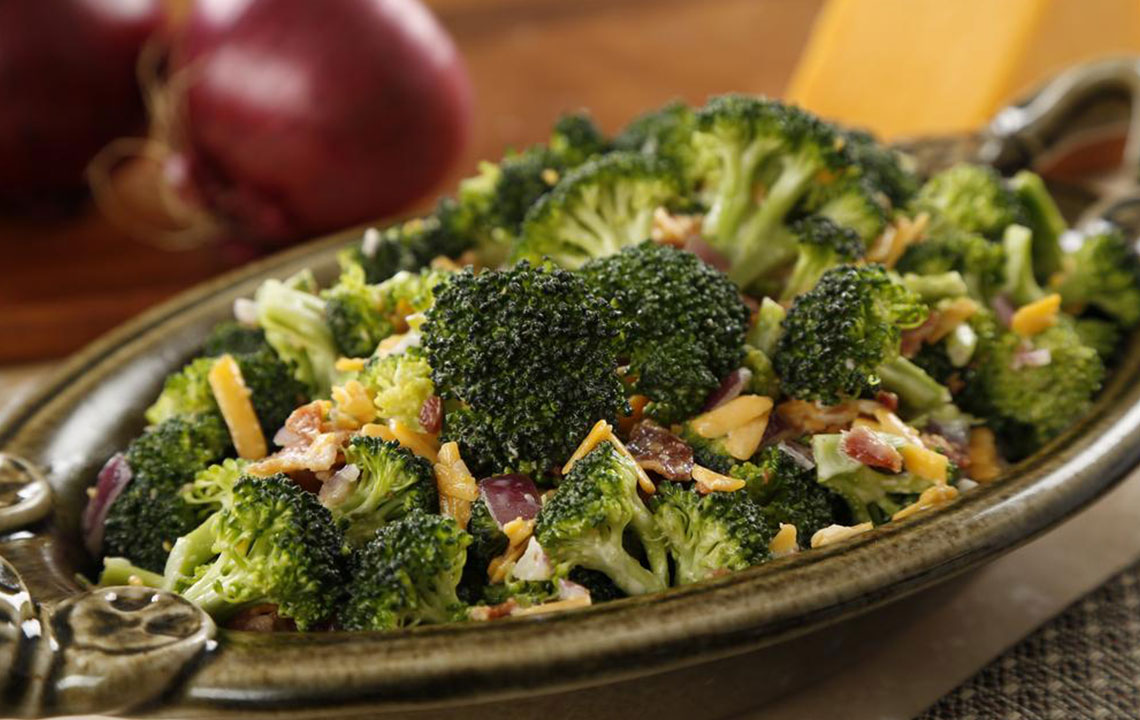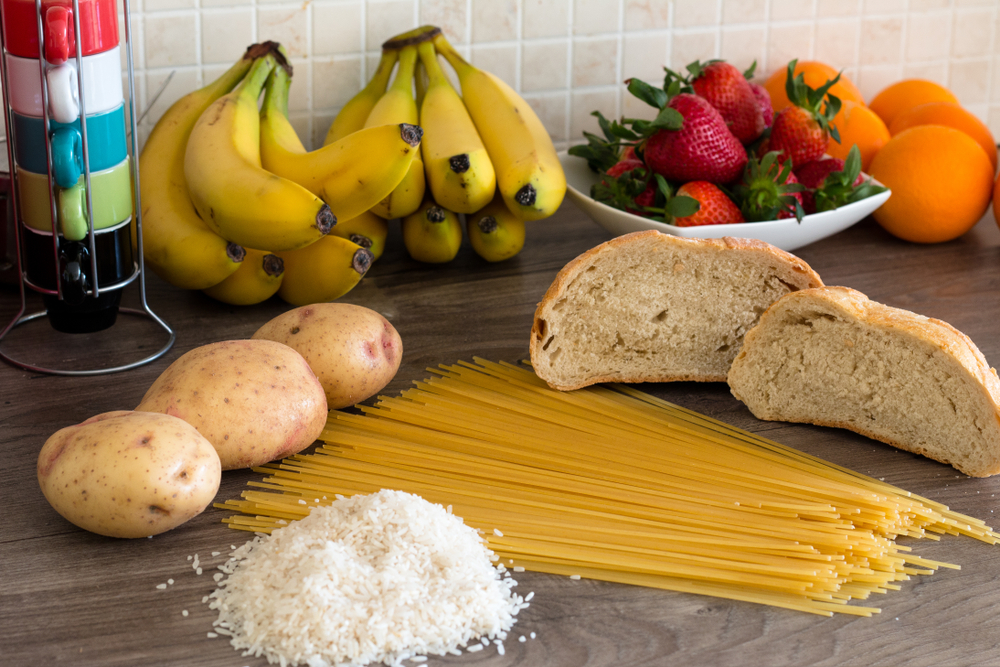Comprehensive Guide to Foods That May Trigger Diarrhea and Tips to Prevent It
This detailed guide reviews foods that can trigger diarrhea and offers practical strategies to avoid them. By understanding dietary triggers like high-fat foods, dairy, artificial sweeteners, and caffeine, individuals can manage symptoms more effectively. The article emphasizes the importance of a tailored diet plan, proper hydration, and medical advice to promote faster recovery and maintain gastrointestinal health. Whether for those with sensitive stomachs or underlying digestive conditions, implementing these dietary tips can lead to improved well-being and minimized episodes of diarrhea.

Comprehensive Guide to Foods That May Trigger Diarrhea and Tips to Prevent It
Diarrhea is a common health concern that affects millions of individuals worldwide, cutting across all age groups. It is characterized by frequent, loose, or watery stool and can be caused by various factors, including infections, stress, medications, or underlying digestive disorders. Among these, diet plays a significant role in either exacerbating or alleviating symptoms. Understanding which foods can provoke diarrhea is crucial for those prone to this condition, as well as for caregivers managing the health of children and adults with sensitive digestive systems.
This comprehensive article explores the foods closely linked to diarrhea, providing practical guidance on how to identify and minimize their consumption to support healthier digestion. Proper dietary management can significantly reduce the frequency and severity of diarrhea episodes, promote faster recovery, and improve overall gastrointestinal health.
Knowing which foods are likely to trigger diarrhea enables better management of symptoms and enhances quality of life.
Below, we'll detail common dietary culprits and offer practical tips for avoiding them:
High-fat and greasy foods: Foods rich in unhealthy fats, including fried meats, fast food, and greasy snacks, can cause digestive discomfort, cramps, bloating, and diarrhea. These foods slow digestion and irritate the gut lining, especially in sensitive individuals. Limiting intake and choosing healthier cooking methods can greatly help prevent episodes.
Alcohol: Alcoholic beverages are known irritants to the gastrointestinal tract. Excessive alcohol consumption can lead to inflammation of the gut lining, disrupt electrolyte balance, and cause diarrhea. Abstaining or reducing alcohol intake during episodes supports recovery.
High-fiber foods: While fiber is essential for digestive health, excessive consumption—particularly of raw vegetables, whole grains, and seeds—can overwhelm the gut and trigger diarrhea, especially during flare-ups. During such times, switching to low-fiber diets like plain rice, bananas, or toast can ease symptoms.
Dairy products: Milk, cheese, butter, and other dairy items contain lactose, which can be difficult to digest when the gut is irritated. Even individuals without lactose intolerance may experience symptoms during gastrointestinal distress, so moderating dairy intake can be beneficial.
Fruits and vegetables high in natural laxatives: Fruits like prunes, figs, and dates contain natural sugars that can loosen stool if eaten in excess. Moderation is key, especially during episodes of diarrhea.
Artificial sweeteners: Sugar substitutes such as sorbitol and xylitol—commonly found in sugar-free gum, candies, and diet products—have laxative effects and can worsen diarrhea. Always read ingredient labels to avoid these triggers.
Caffeinated beverages: Coffee, tea, and some energy drinks contain caffeine, which stimulates bowel movements and can irritate the stomach lining. Reducing caffeine intake during sensitive periods can help manage symptoms effectively.
To summarize, identifying and avoiding foods that trigger diarrhea is a vital part of managing digestive health. Keeping a food diary to track symptoms can help pinpoint specific triggers unique to each individual. Coupled with hydration, balanced nutrition, and proper medical consultation, dietary adjustments can significantly reduce the frequency and intensity of diarrhea episodes. Adopting a gastrointestinal-friendly diet not only prevents discomfort but also promotes overall gut health, supporting a better quality of life.





